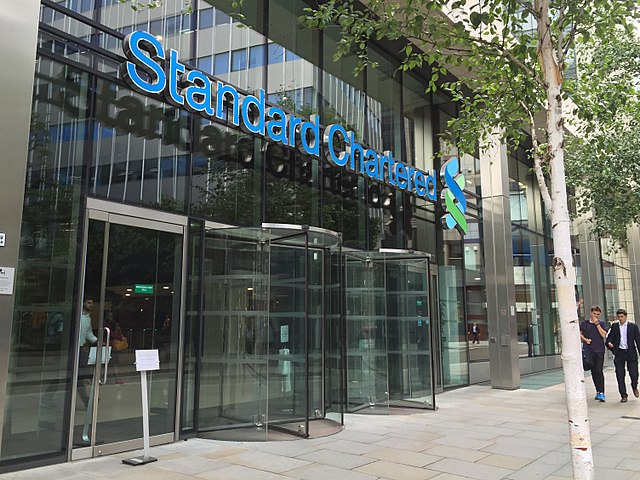The crypto sector has gained the attention of investors worldwide with Bitcoin’s (BTC) recent rally past $19,000 before its current correction. Regardless of which way the token’s price moves from there, the CEO of one of the world’s largest financial institutions is convinced that cryptocurrency adoption is inevitable and that there is room for both CBDC and privately owned cryptos.
Bill Winters, the CEO of Standard Chartered, expressed his views on the rising usage of cryptocurrency in international payments. Speaking at the Singapore FinTech Festival, Winters said that mainstream adoption of digital currencies is “absolutely inevitable,” according to CNBC.
The Standard Chartered CEO expressed optimism not only for central bank digital currencies (CBDC) but also for cryptocurrencies issued and owned by private entities. ”I think there is absolutely a role for central bank digital currencies as well as non-central bank-sponsored digital currencies,” Winters said on Monday, December 7.
He even hinted that Standard Chartered is about to take a plunge into the crypto space as well. The CEO added that his bank will soon announce some news “along these lines,” according to Bitcoin.com.
A few days after his comments, Standard Chartered announced its partnership with the asset servicing provider Northern Trust on Wednesday. The collaboration was formed to launch a crypto custodian service for institutional investors that will support Bitcoin (BTC), Ether (ETH), XRP, Litecoin (LTC), and Bitcoin Cash (BCH).
At the Fintech Festival, Winters said that there are also opportunities for new cryptocurrencies that specifically cater to niche segments. “The really interesting development for me is to have currencies that don’t match a currency in and of itself but are intended to capture either a superset of a subset,” the Standard Chartered CEO explained.
Digital currencies can be created for specific types of projects. For instance, a new token could be introduced for use in the trading in the voluntary carbon market, which will give people the confidence that financing for the project is “verified, standardized, [and] monitored.”
“Those sorts of applications for a digital currency, and creating a digital currency ecosystem, is something that can’t be replicated by a fiat currency, or, most likely, by a central bank digital currency any time soon,” Winters added.







